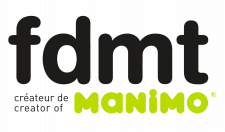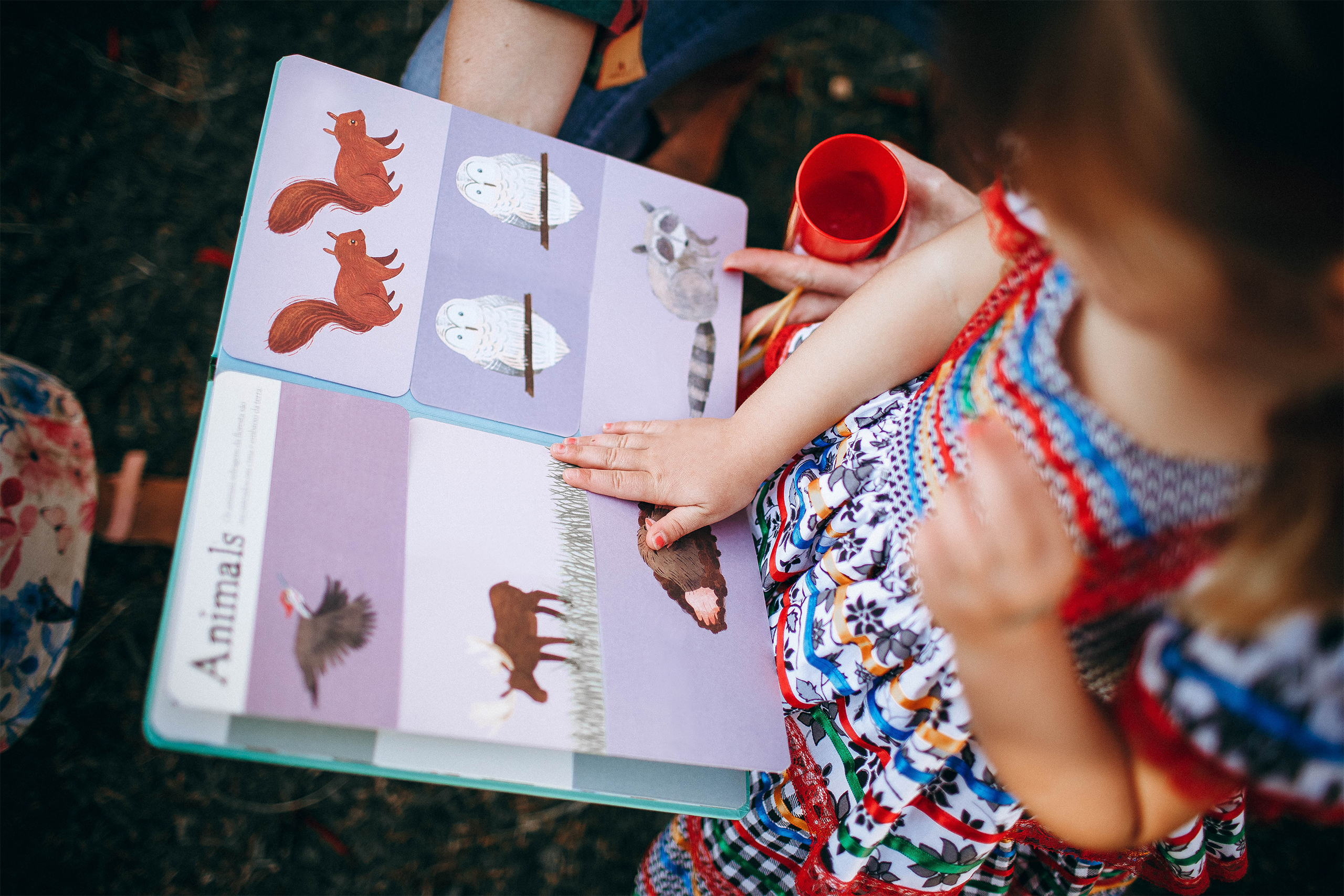Finally, summer vacations are here! Time to pull our sleeves up and get much needed rest. How do we help our kids continue to grow and learn?
Long summer days, and lots of laughter make up beautiful summer memories. It is those special moments that allow our children to let go, regain their strength, find respite and find themselves. School, homework and routine quickly become a distant memory and we find ourselves planning vacations and outings.
Several studies have examined the effect of extended vacations on the knowledge learned during the school year; they reveal that children can lose 25 to 50% of their learning, particularly in reading, writing and more significantly in math. Other researchers note that children can lose the equivalent of 2 to 3 months of knowledge, regardless of their strength during the school year. Thus, when children return to school in the fall, they have great difficulty reintegrating and catching up. This phenomenon is referred to as summer learning loss or academic regression.
How can we prevent summer learning loss? Better yet, how can we help our children grow and thrive through play?
We share with you 5 strategies that will help you plan and incorporate activities to promote your children’s learning through play this summer.
1- Take the time to review their report card and their impression of their school year. Identify their strengths, areas for improvement, favorite subjects and most challenging subjects. These will become your inspiration for setting goals and themes for the summer.
2- Incorporate reading and writing into your day.
– For example, for preschoolers who are learning to read and write, have them spot letters during your outings; they can look at menus, signs, street names, or car makes. They can practice writing their letters in sand, flour, and with sticks.
– For your child in elementary school, they can become responsible for reading descriptions during your outings – for example, exhibition descriptions or plaques in parks. To practice writing, they can prepare postcards and letters to describe their outings and trips to friends and family members.
– Your high schooler can be involved in researching and planning your vacations and outings – they can learn about the places and history of your destinations by doing an online search for relevant information. They can prepare written notes to serve as reminders when you visit.
– Board games with reading cards and descriptions can also serve this purpose.
– Consider signing your child up for a reading program at your local library, or with friends or family. Ask your child to describe the book to you, to give a summary – make it interesting by incorporating reading topics into your daily routine. For example, the main character in a book eats pizza, so you make pizza this week. This makes the task more generalizable and keeps the child wanting to pursue their goals.
3- Integrate aspects of planning, organization and time management into your daily routine to address executive function skills. For example, allow your child to know the plan of the day, the sequence of activities and what to anticipate. Involve your children in estimating the duration of each of these activities, identifying the steps to anticipate and what they need to bring for these.
4- Incorporate mathematics concepts into your day.
– For the child who is learning to count, ask them to count items to bring, to count elements that you see during your outings or to count the details in a book (“count the number of butterflies on this page”; “how many red cars are there on this street? “).
– Older children can incorporate concepts of counting, addition, subtraction and multiplication during outings, “we left at 10:15, we’ll be there in 35 minutes, what will be our arrival time?”; “We have $10 and admission costs $8.75, how much change will we get back? “We have a $20.00 bill, a $5.00 bill and change, three $0.25 coins, two $0.10 coins – how much cash do we have? What can we buy?”.
5- Add an educational program to complement your summer and allow your children to practice their set goals for 15-30 minutes a few times a week.
While summer is a time of transition in our children’s school life, it is also a time to continue to evolve and advance their learning and knowledge, while having fun. After all, play is at the foundation through which children grow, let them play, laugh and have fun!



Leave A Comment